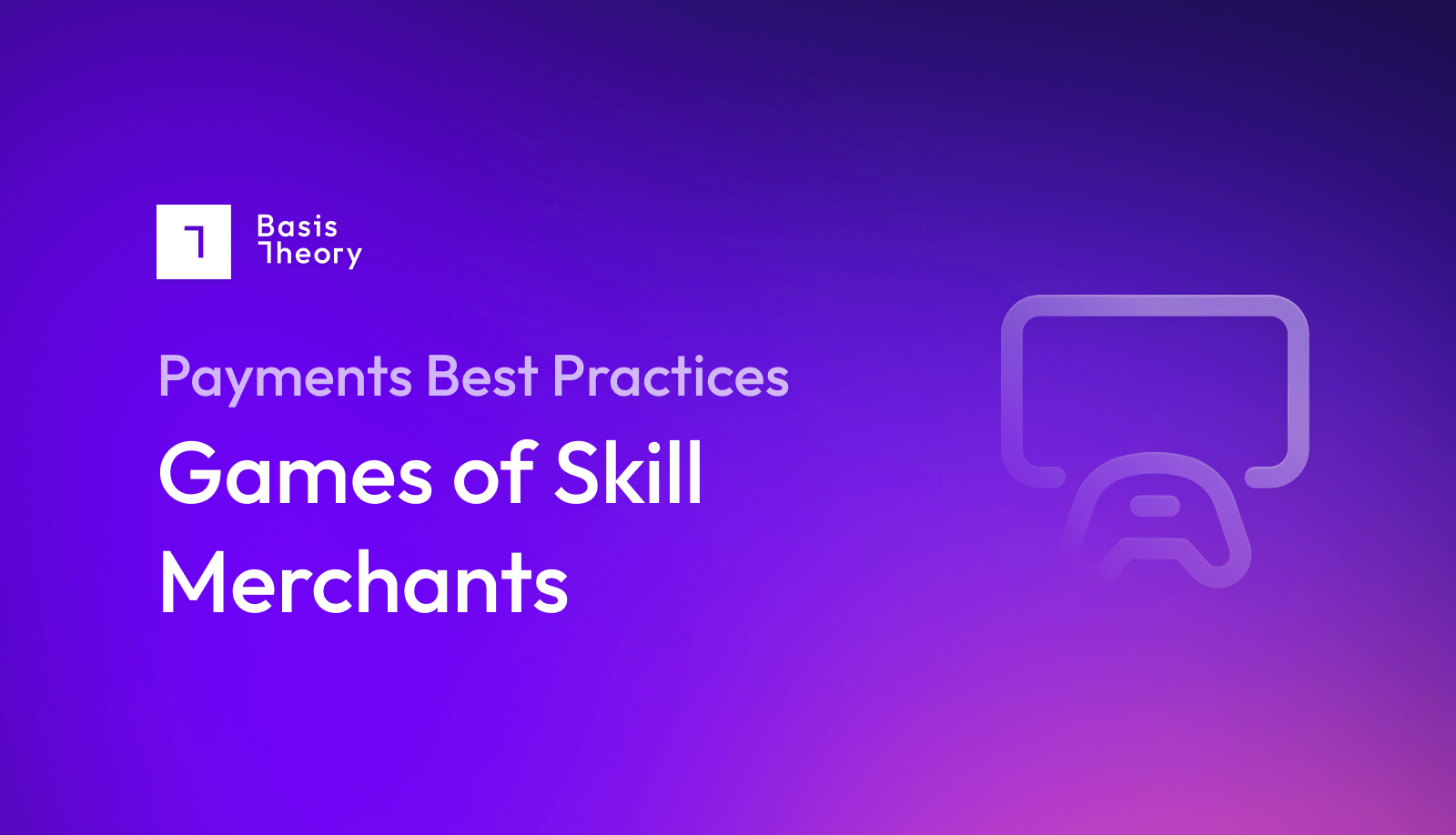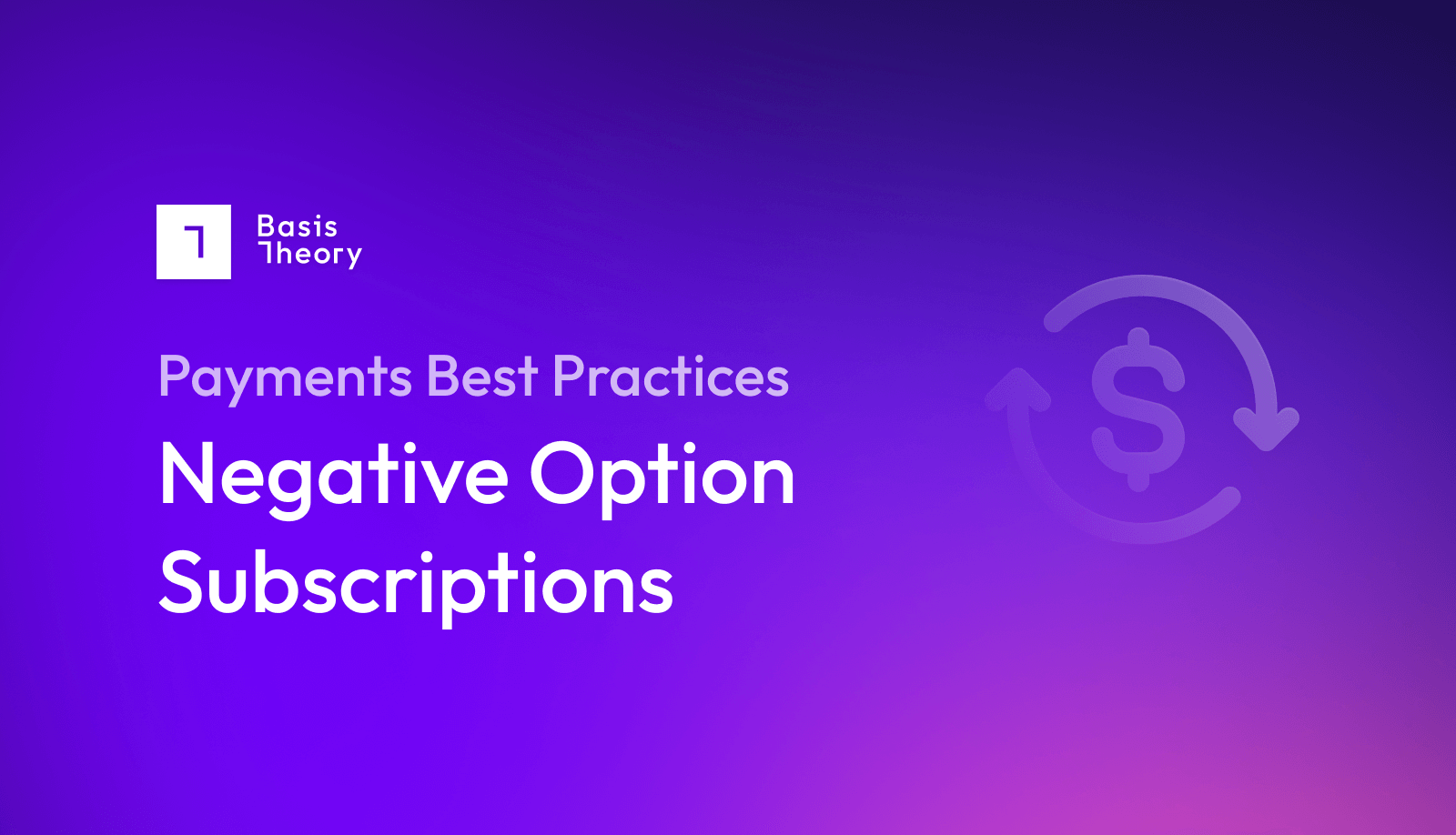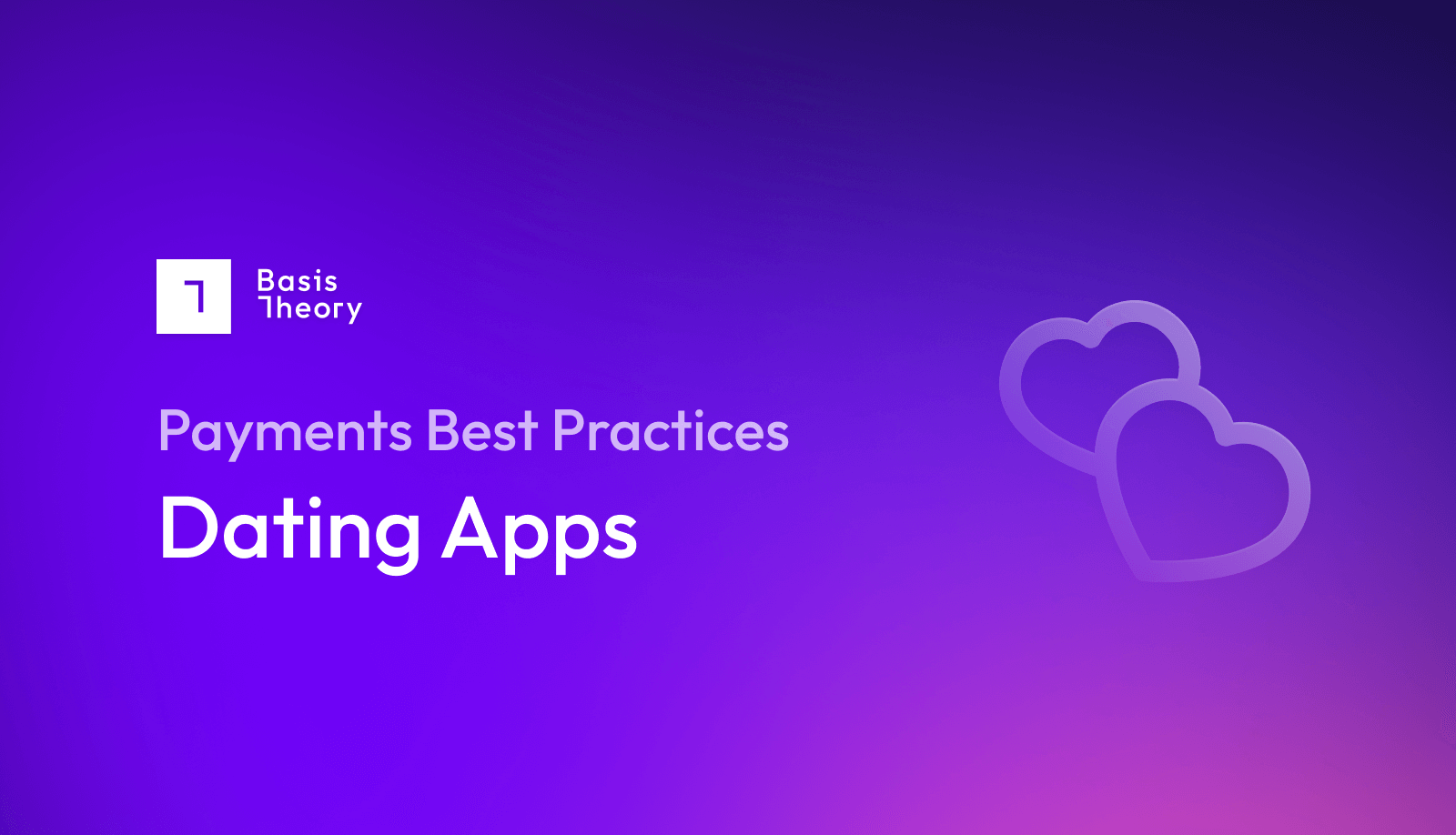Games of Skill Merchants: Payments Best Practices

Companies that fall under the MCC category of “digital games” include the merchants that sell and distribute digital games or game-related products. More specifically in this category, however, is the niche category of “games of skill”, or games that involve skilled game wagering like daily fantasy sports. These games of skill can include real money wagering, but do not fall under the category of gambling because of the “skill” or “strategy” involved in playing and winning.
Because of this, merchants that offer wagered skill-based eSports or fantasy sports are classified into MCC 5816 and are considered higher-risk merchants in payment processing.
What is the Difference Between Gambling and Games of Skill?
While gambling is heavily-regulated, and illegal in some locales, games of skill do not come under the same regulatory scrutiny. The difference between the two can be subtle, but is summed up in three characteristics:
- Chance-based: if something is entirely chance based (e.g. a slot machine), it is gambling; if it is entirely skill-based (e.g.) chase, it is not. The scale between the two can be tricky to evaluate: poker, while relying on betting skill, is considered gambling because of the random distribution of cards; fantasy sports, by contrast, is not considered gambling as it relies on the player to use their knowledge of the sport to forecast outcomes.
- Requires consideration: or, put another way, the player must place something of theirs at risk - basically, the bet the player makes.
- Has a prize: this is the flip-side to the consideration - in return for the player putting in their consideration, when successful they receive a prize.
Most skills-games merchants necessarily include some kind of consideration and prize: this is the essence of their game. And with a market widely expected to exceed $30B in the next couple of years, there will be plenty of activity in this sector.
Great care must be taken to minimize the amount of chance involved in skills-based games, in order to avoid re-classification as gaming, and finding one’s business either heavily regulated and/or pushed out of geographies where gambling is not permitted.
What are the Payment Risks for “Games of Skill” Merchants?
According to the Visa Integrity Risk Program (VIRP), games of skill (card-absent) fall under MCC 5816, which is a tier 2 industry. The VIRP guide states that “Tier 2” high integrity risk merchants operate businesses where there is a higher risk of illegal activity occurring without the proper controls and that activity could cause financial or economic harm to individuals.
Therefore, merchants in this industry are categorized as “High-Brand Risk Merchants” or “high-risk merchants”.
Business and Sales Model Risks
Merchants in the “games of skill” category may experience more prevalent business risks, which often makes PSPs apprehensive to do business with them.
A breakdown of the risk factors into which issues may arise include:
| Issue | Details |
|---|---|
| Increased Chargebacks | Because these involve automatic charges to customers’ CNP cards, they can lead to unintentional or unauthorized charges. Additionally, losing players may regret their choices and attempt to recoup losses through chargebacks. |
| Customer Disputes | If customers feel misled or do not receive expected value, they may dispute the charge. If they were not informed about any automatic charges, they may dispute them, using the threat of chargebacks as leverage. |
| Fraud Potential | Malicious actors may sign up for services using stolen credit card information or attempt to abuse the games. |
| Gambling Regulations | While games of skill aren’t classified as gambling, they may have similar regulations to merchants in the gambling space. |
| Player Addiction | Games of this nature increase the risk of addiction, which could be considered exploitation for profit; while this is not a stated reason for increased processing risk, it is an ethical brand risk. |
Best Practices of Successful “Games of Skill” Merchants
It can be challenging to operate in a high-risk vertical due to the increased challenges of fraud, scrutiny, chargebacks, fees, and more. Implementing the right strategies, however, can ensure that these merchants not only operate successfully, but also thrive.
Best practices high-risk merchants should follow to become successful include:
- Understanding industry regulations: Becoming knowledgeable about the standards that card networks and PSPs have in place regarding chargebacks and disputes, fraud prevention, reporting and compliance, and industry trends can ensure that your business remains operational even as the industry evolves.
- Choosing the right PSP(s): Partner with reputable and experienced payment processors that specialize in high-risk merchant accounts and have a history of working successfully with MCC 5816.
- Providing clear communication: Make it easy for prospective customers and partners to understand exactly what your business is, how payments work, and what the terms of use are. It becomes significantly easier not only for you to fight for yourself in the event of fraud, but also for your partners to do the same.
- Provide clear steps to cancel: As much as merchants want to retain as many customers as possible, providing a clear path to canceling accounts and stopping charges is the best way to reduce chargebacks.
- Offering best-in-class customer service: These days, great customer service should be table stakes for most businesses, and especially for merchants in high-risk sectors. Ensure that inquiries into refunds, cancellations, issues, or general questions are addressed promptly and clearly to keep chargebacks low. Losing dissatisfied players may turn out to be a far superior economic proposition to weathering a shower of chargebacks and complaints.
- Maintaining PCI DSS compliance: Any merchant that handles sensitive card information must be PCI compliant. With several partners in the market that can assist, it is easier than ever to achieve compliance.
- Monitoring transactions and alerts: Regularly review transaction data to identify trends, patterns, and anomalies that may indicate potential fraud, or unhealthy player behavior - and pay close attention to any alerts your payment partners share. High-performing merchants diagnose and address issues before they ever threaten business continuity.
- Leveraging specialty partners: Managing payments in a highly regulated environment is not the time or place to DIY or “figure it out”. Enlist trusted partners with expertise to assist with fraud management, compliance, security, and analytics.
How Basis Theory Helps “Games of Skill” Merchants
Basis Theory can assist high-risk merchants that would like to secure their payments, achieve PCI compliance, and maintain ownership over their payments data. Outsourcing your CDE to Basis Theory not only takes away a significant portion of the burden to maintain compliance, but it also provides freedom in the form of network-agnostic tokens that growing merchants can use with any PSP, partner, or network.
Basis Theory helps customers like Passes, a Miami-based creator platform that enables fans to access exclusive content and experiences. Passes has a similar business model to OnlyFans or Fansly, empowering creators to monetize on their own by enabling seamless and secure transactions between creators and their fans.
Patrick Zheng, Tech Lead, recalled, "We were working with a PSP, and they said they were okay with our business but they ended up going back on their word and shutting us off without any warning." Passes had to quickly integrate with another payment provider in the middle of the night, but there was a risk they would be shut down there too. He continued, "We wanted to make sure that we're always in a position where we will have a provider even if something happens."
The Passes team replaced the front-end component with the Basis Theory card Elements and used the Basis Theory Proxy to send data to PSPs. The implementation process only took two weeks. Passes was able to build a solid foundation for its payment system, and open the door for cascading payments, ensuring it would always be in a position to have a provider to process transactions for its platform. Read the entire case study or contact us to chat with one of our payment experts if you would like to learn more.
.png?width=365&height=122&name=BTLogo%20(1).png)



